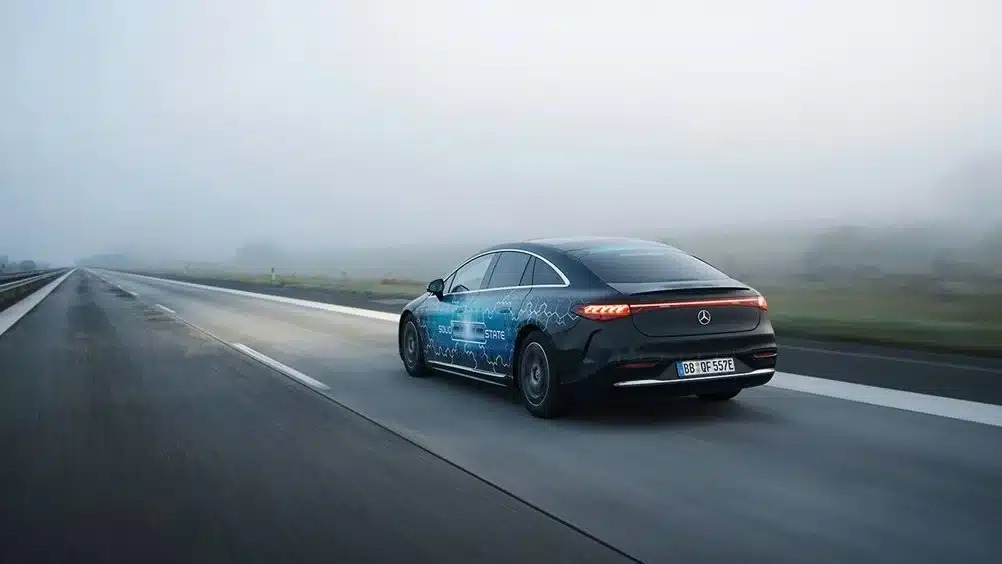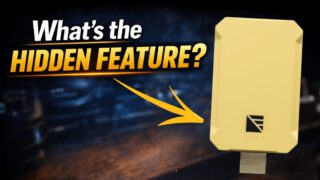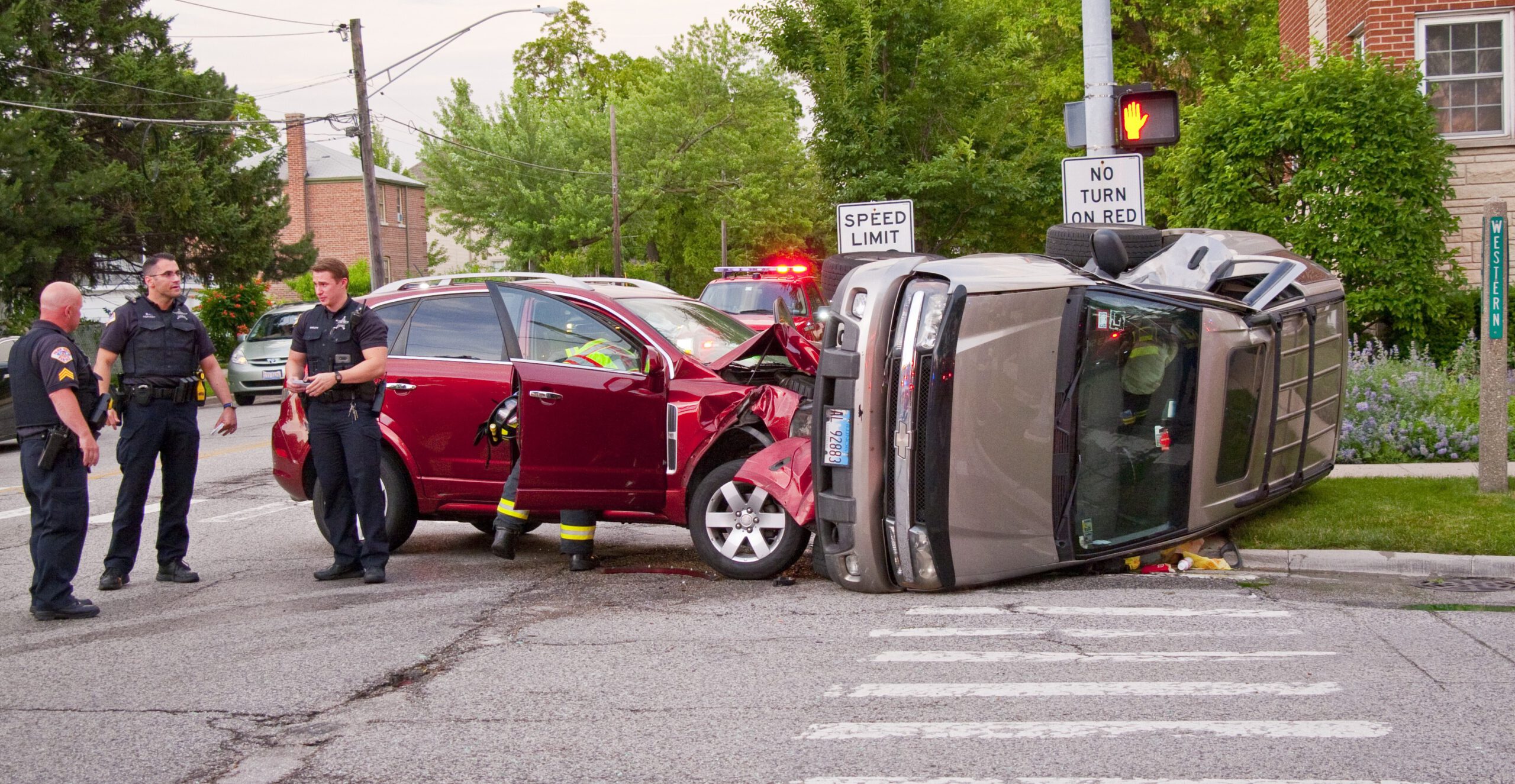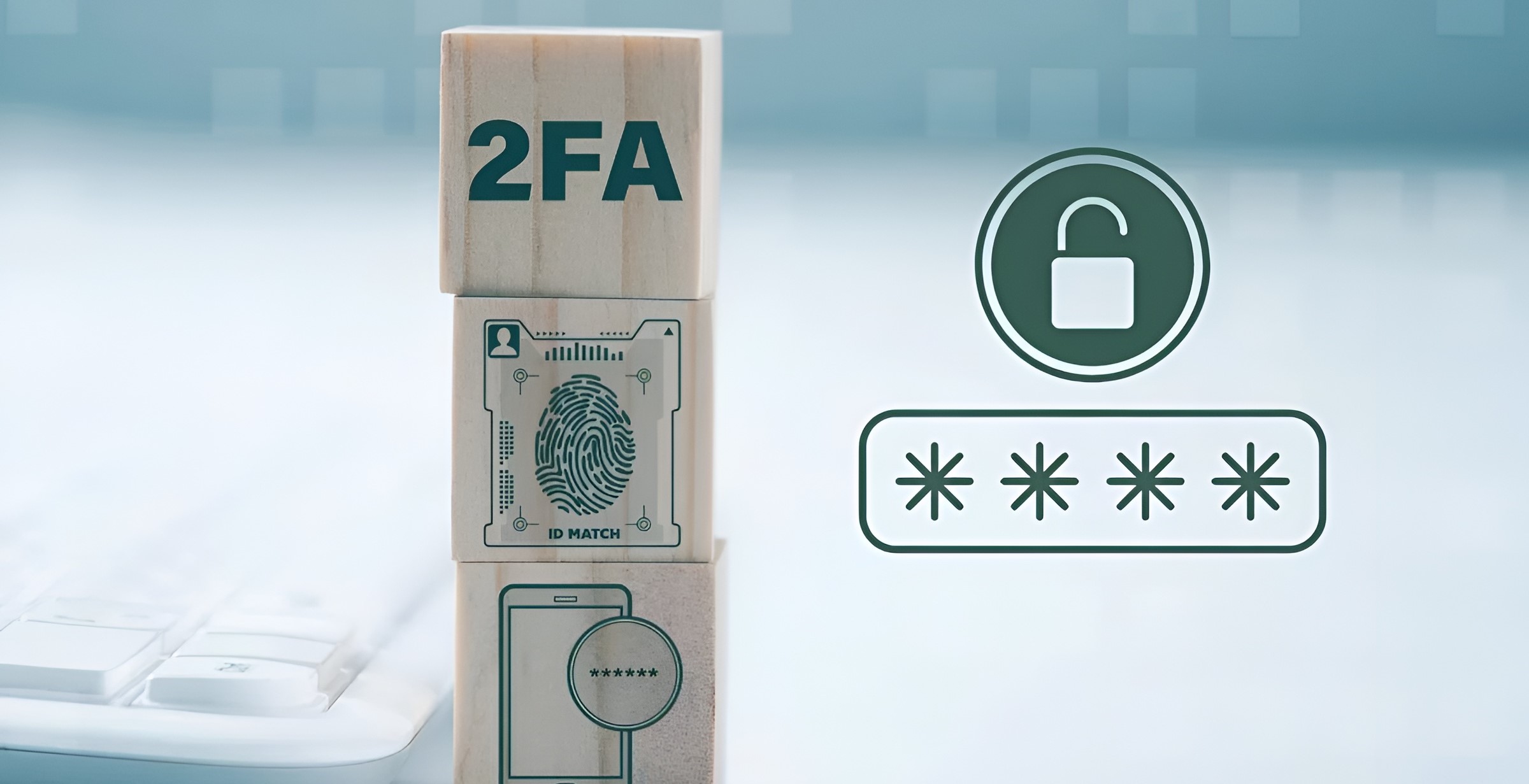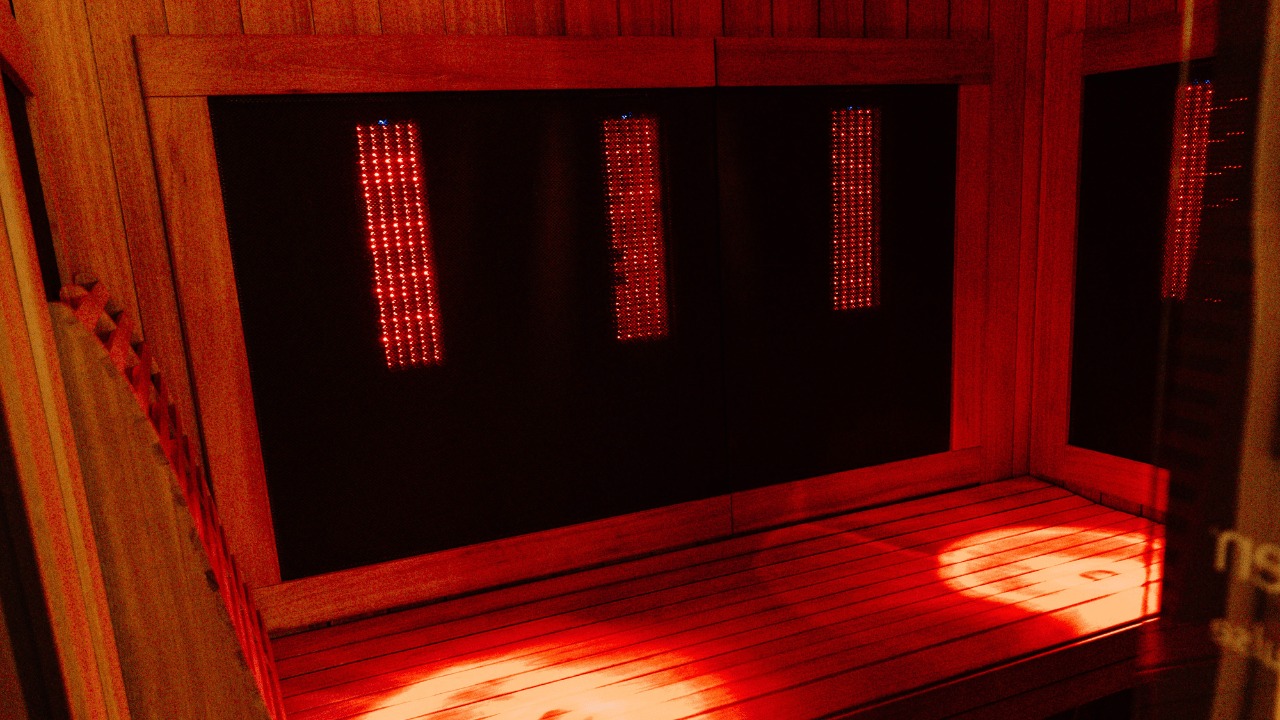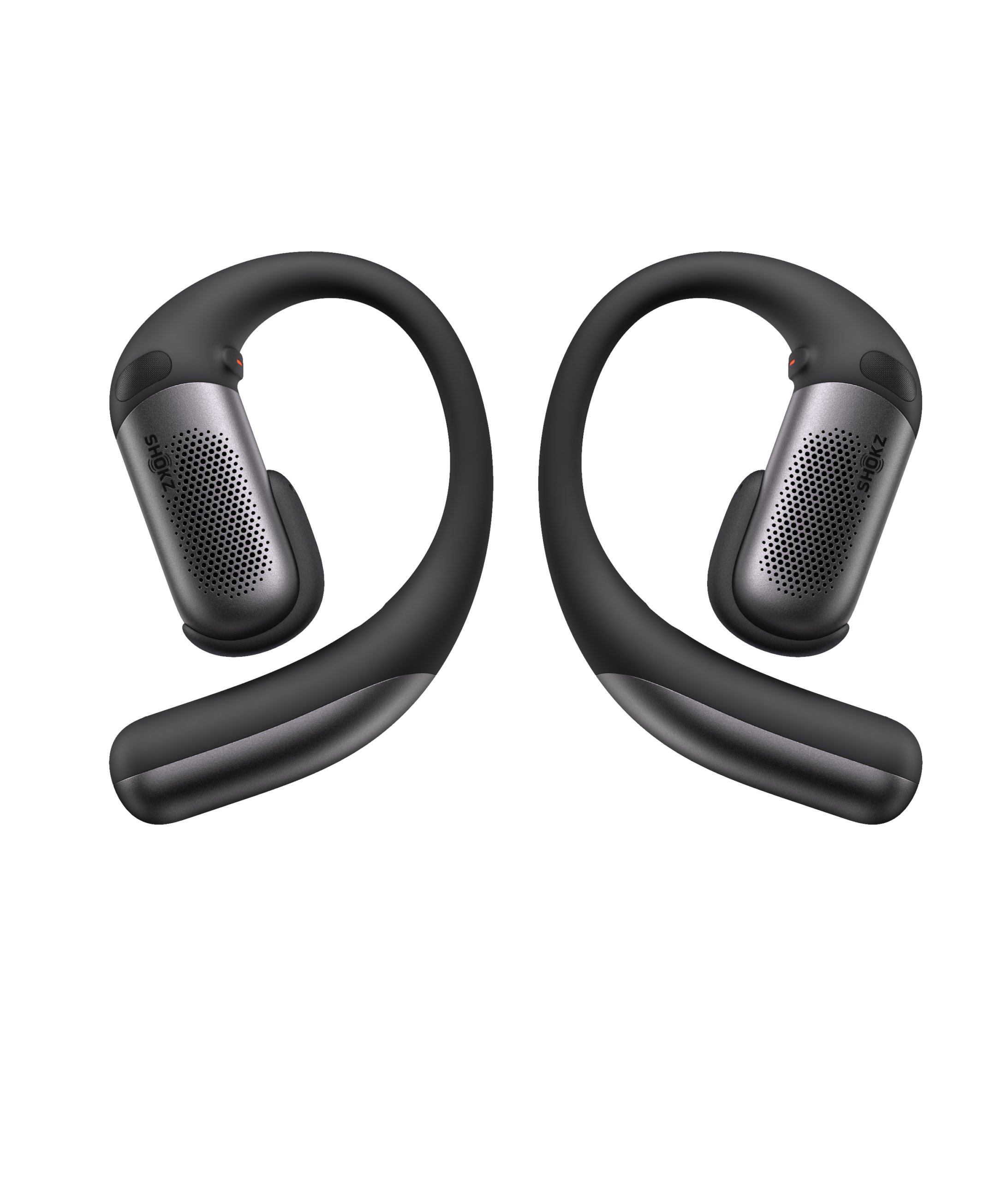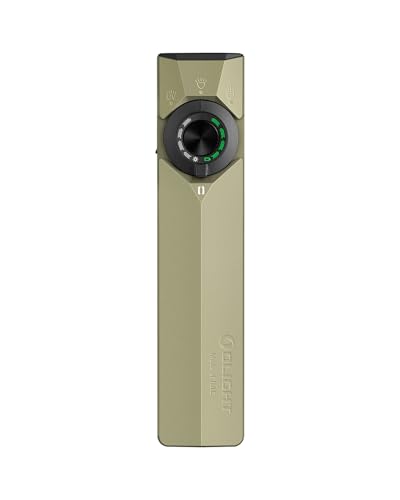Mercedes proves solid-state batteries can deliver 750+ miles on a single charge with room to spare. Dead batteries during epic road trips are the stuff of nightmares, but Mercedes just eliminated that anxiety with surgical precision. Their prototype EQS sedan completed a 748-mile journey from Stuttgart, Germany to Malmö, Sweden without touching a charger—and still had 85 miles left in the tank.
Btw, if you’re traveling this summer (or now) you might want to check out this VPN deal from Surfshark. Right now it’s $1.99/month + 3 months free.
This isn’t another laboratory fantasy; it’s real-world validation that solid-state batteries can finally deliver the range luxury EV buyers demand. The achievement marks a watershed moment for electric mobility, proving that solid-state technology can perform under actual driving conditions rather than controlled testing environments.
Your next luxury EV might actually handle that cross-country adventure without the strategic charging choreography that defines current electric road trips.
The Secret Sauce: Formula One Meets Battery Chemistry
Mercedes-AMG’s F1 division helped create batteries with 25% more energy in the same space.
Mercedes didn’t achieve this breakthrough alone. The company partnered with its Mercedes-AMG High Performance Powertrains division—yes, the Formula One people—and U.S.-based Factorial Energy to develop solid-state lithium-metal batteries that pack 25% more usable energy into the same physical footprint as conventional EQS battery packs.
The prototype retains the standard EQS’s size and weight profile while dramatically extending range. Unlike traditional liquid-cooled systems, these batteries use air cooling, eliminating complex thermal management hardware that typically adds bulk and complexity.
The collaboration leverages F1’s obsession with weight optimization and energy efficiency—expertise that translates directly to consumer benefits.
Real Roads, Real Results, Real Game-Changer
The Stuttgart-to-Malmö test proves solid-state batteries work beyond laboratory conditions.
This wasn’t a carefully controlled test track scenario. The EQS prototype handled real highways, varying weather conditions, and typical driving demands across international borders.
According to Mercedes chief technology officer Markus Schäfer, the battery represents “a true gamechanger for electric mobility,” specifically because it performs in real-world conditions as effectively as laboratory settings. The remaining 85-mile range suggests the vehicle could potentially achieve over 830 miles on a single charge under optimal conditions.
That performance eclipses virtually every production EV currently available and matches recent range records set by Lucid’s Air Grand Touring sedan.
The Reality Check: Still Years Away from Your Driveway
Production solid-state batteries won’t reach consumers until the late 2020s.
Before you start planning that coast-to-coast EV road trip, remember this remains prototype technology. Mercedes targets commercial availability by decade’s end, joining a global race that includes Volkswagen, Toyota, BMW, and major battery manufacturers like CATL and BYD.
Factorial Energy is simultaneously working with Hyundai and Stellantis to accelerate broader market adoption. Manufacturing challenges, production costs, and long-term durability testing still stand between today’s prototype and tomorrow’s production vehicle.
But this demonstration proves solid-state batteries can deliver on their promise—transforming luxury EVs from premium compromises into legitimate alternatives for any driving scenario.


